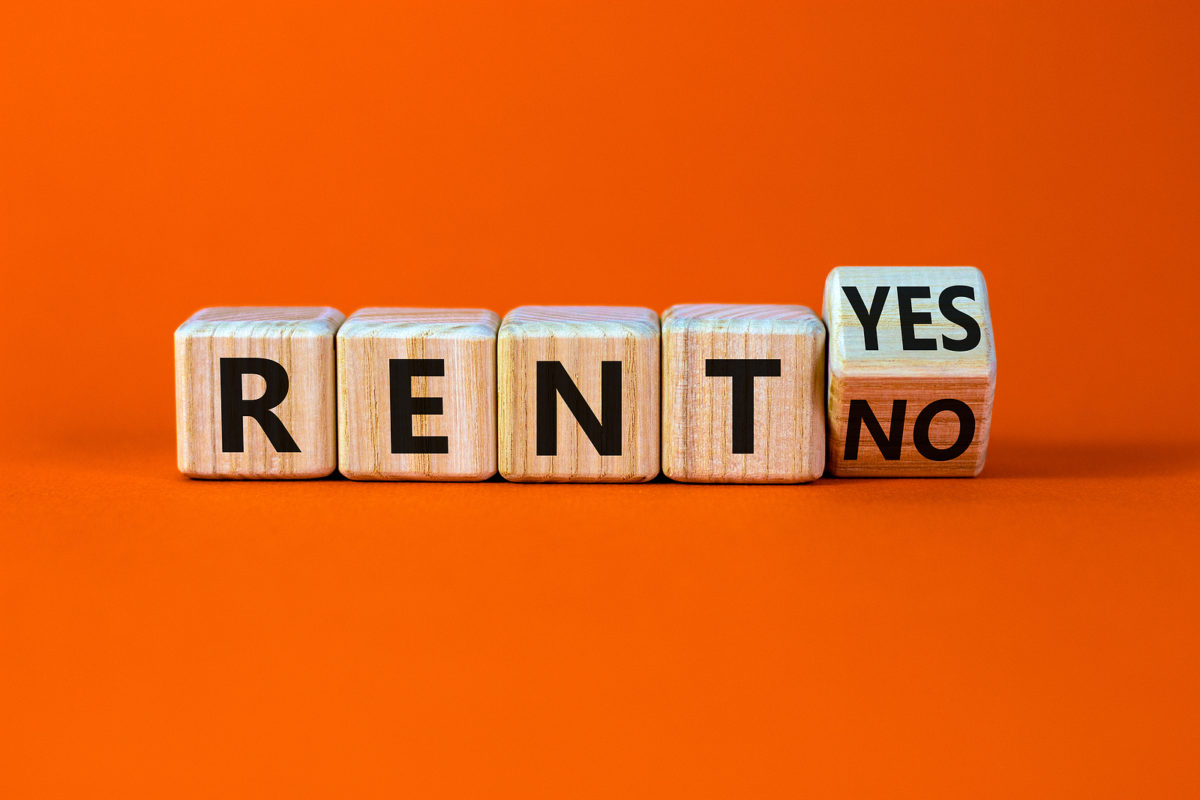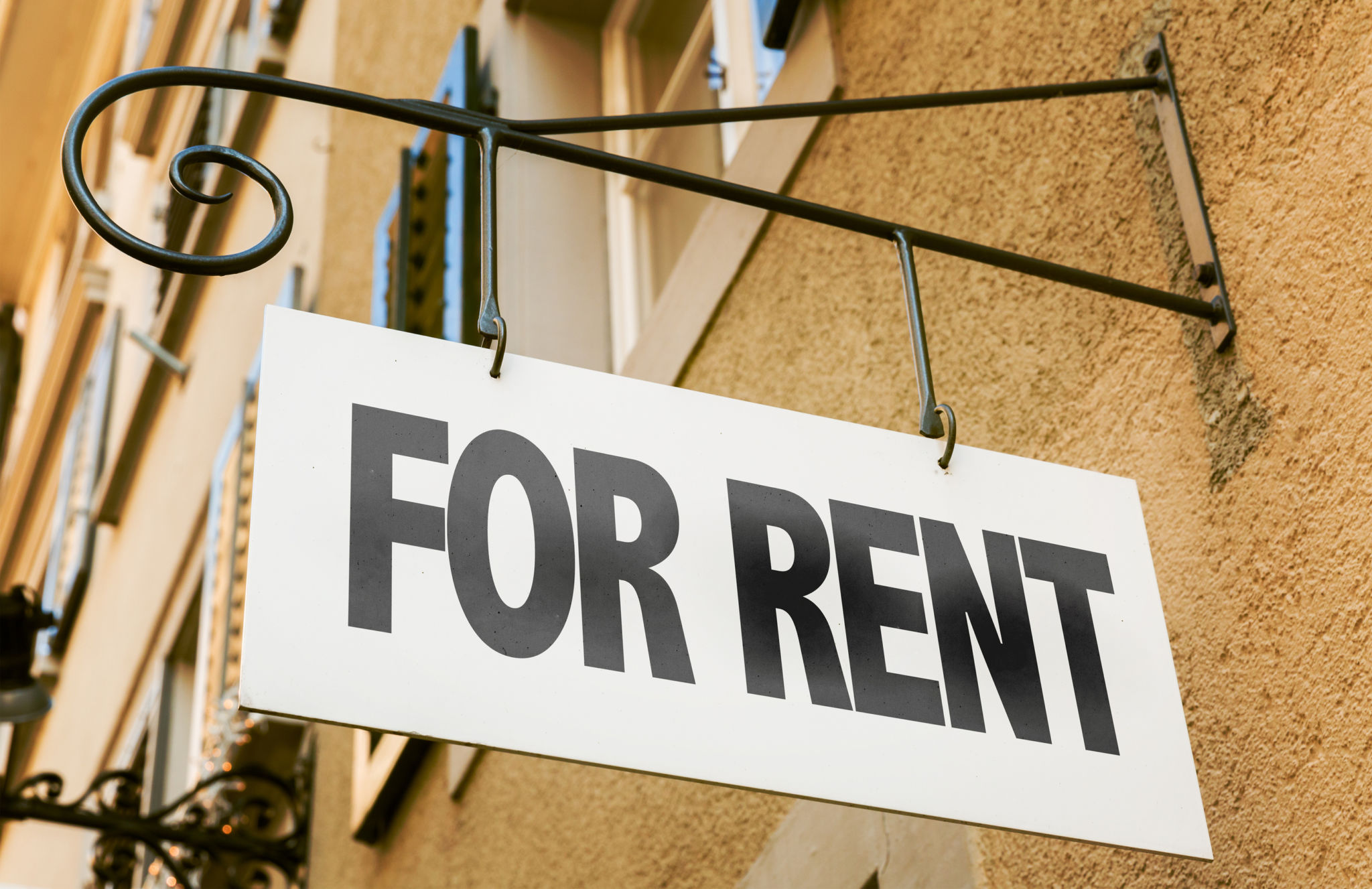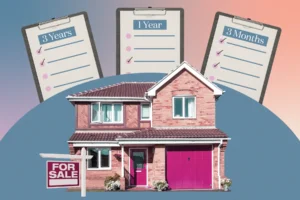Introduction
Navigating the housing market as a newbie can feel like walking through a minefield. That’s why this first-time homebuyer guide is essential for anyone interested in current real estate trends. In this post, you’ll discover hidden expenses many buyers miss, strategies to plan ahead, and how shifting market dynamics in 2025 affect your bottom line. Read on to avoid surprises and buy with confidence.
Hidden Closing Costs That Catch Buyers Off Guard
When you’re budgeting for your first home, the sale price and down payment tend to dominate your attention. But savvy buyers know it’s the closing costs that often sneak up on you. These can range from 2% to 5% of the home’s purchase price, and include things like:
- Title insurance and title search
- Escrow or settlement fees
- Appraisal and home inspection fees
- Recording and transfer taxes
- Lender origination fees
Many first-time buyers assume their lender or seller covers these, but that’s rarely the case. If your home costs $400,000, closing fees could easily reach $8,000–$20,000. Factoring these into your plan is critical in today’s market, where affordability is already tight.
Property Taxes, Insurance, and Rising Premiums
Another overlooked recurring cost is property taxes and homeowners’ insurance. Some buyers calculate these roughly, but in many U.S. markets, taxes alone can reach thousands per year. In 2025, insurance premiums are increasing, especially in high-risk zones (like coastal or wildfire-prone areas). The average home insurer saw double-digit premium growth in several states as climate impacts push up costs.
Also consider flood, wind, or earthquake riders if your area warrants it. Those can run into the hundreds or even thousands annually, depending on your location and elevation. These line items bite into your monthly budget more than many first-timers expect.
Maintenance, Repairs, and Unexpected Upkeep
Owning a home means more than paying the mortgage. Older systems (plumbing, HVAC, roof, electrical) eventually need repair or replacement. Many buyers underestimate maintenance reserve costs, which some experts suggest budget at 1% to 3% of a home’s value per year.

For example, on a $300,000 home, that means $3,000–$9,000 in upkeep annually. And if a major item like a roof or furnace fails in the first few years, you could spend thousands in one go. Setting aside a “home emergency fund” is wise and often overlooked.
Higher Mortgage Rates and Affordability Pressures
Even as inventory loosens slightly, the real estate landscape in 2025 still features elevated mortgage rates. The 30-year fixed rate often hovers around 6% or higher, squeezing buyers’ purchasing power.
To put this in perspective: a first-time homebuyer now may need an income of $120,000 or more just to cover a median mortgage payment, taxes, and insurance. Many buyers miscalculate this burden and stretch themselves too thin, which can lead to financial stress down the road.
How Real Estate Trends Impact First-Time Buyers
Being aware of macro trends helps you anticipate challenges. According to industry outlooks:
- Home prices are forecast to grow moderately (~3%) in 2025, but markets remain tight.
- Inventory is slowly improving after years of scarcity, giving buyers marginally more choice.
- Rising investor purchases and all-cash buyers add pressure in competitive metro areas.
In this shifting environment, your best defense is being fiscally conservative. Budget for the above overlooked costs, have flexibility in your approval buffer, and stay in tune with local market movements.
Final Tips for First-Time Buyers
- Ask your lender for a detailed closing cost estimate early.
- Run a “future expense stress test pretend you lose income or rates increase.
- Get multiple insurance quotes, and ask specifically about hazard add-ons.
- Set aside a maintenance fund from day one, ideally in a separate account.
- Stay informed on local real estate data, not just national headlines. Your city or ZIP may have unique risks (e.g., flood zones, wildfire zones, local levees).
If you keep the first-time homebuyer guide principles in mind and don’t overlook these hidden costs, you’ll be far more prepared to weather the first few years of homeownership. The market may be evolving, but a well-budgeted buyer can still succeed.









